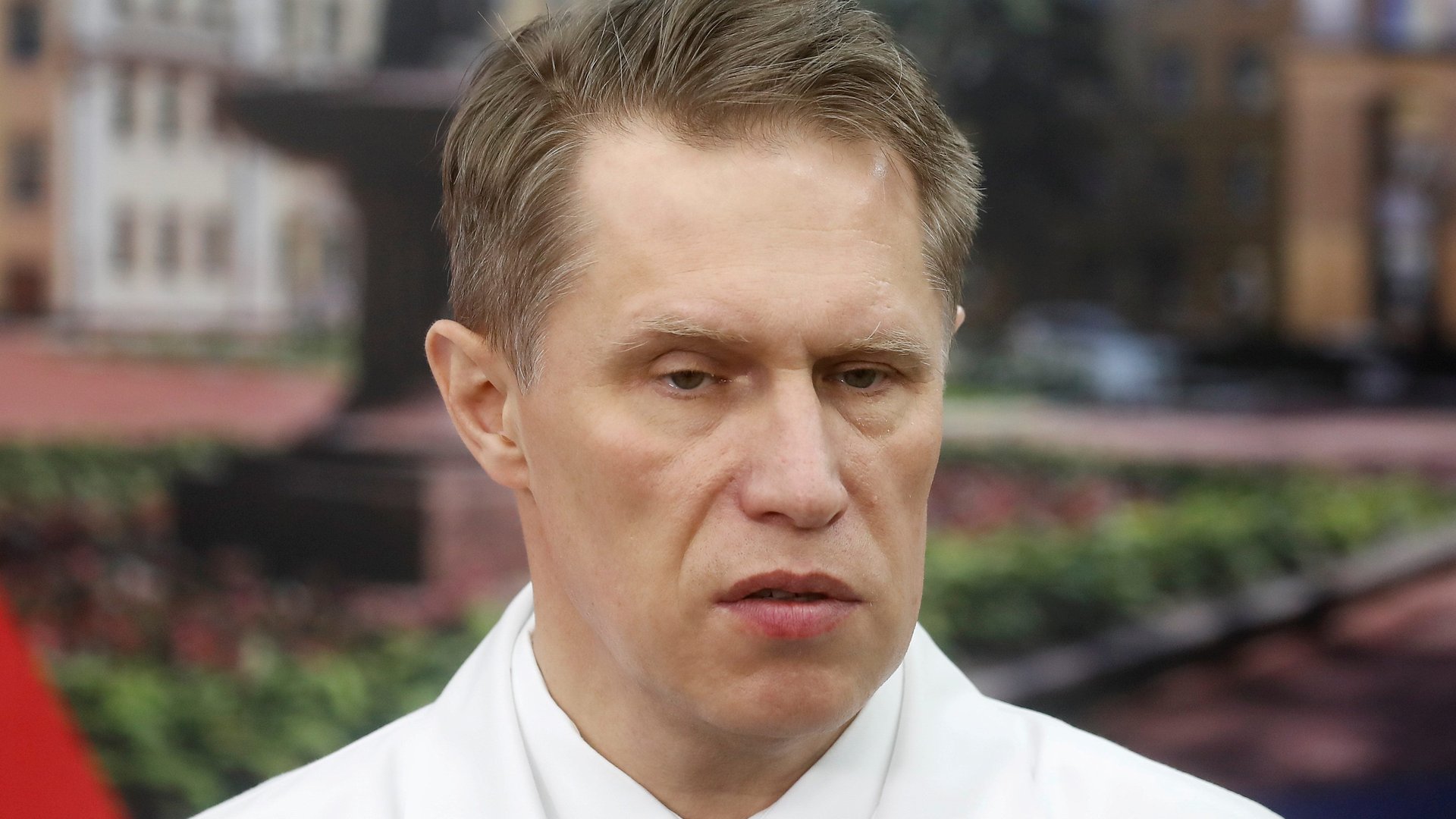Russia is planning to use a vaccine that doesn’t yet meet WHO standards
As the world awaits the results of the first crop of coronavirus vaccines to enter the final phase of testing, Russia has seemingly skipped ahead. Last week, a state research facility asked local regulators to approve the use of a vaccine under development, according to the country’s health minister Mikhail Murashko.


As the world awaits the results of the first crop of coronavirus vaccines to enter the final phase of testing, Russia has seemingly skipped ahead. Last week, a state research facility asked local regulators to approve the use of a vaccine under development, according to the country’s health minister Mikhail Murashko.
“It’s a Sputnik moment,” Kirill Dmitriev, head of Russia’s sovereign wealth fund, which is financing Russian vaccine research, told Abu Dhabi newspaper The National.
Though Russian government officials are crowing about the achievement, the Gamaleya Research Institute scientists behind the vaccine have yet to publish data showing their vaccine works. According to the World Health Organization (WHO), Russia’s Gamaleya Research Institute is still in the early phases of testing.
Scientific standards endorsed by the WHO ensure that any new vaccine goes through three phases of human trials before it’s approved. The first stage, typically involving fewer than a hundred participants, evaluates safety; the second provides preliminary data about efficacy. The third and final stage, which usually involves tens of thousands of participants, provides more safety information and determines whether the vaccine is effective.
Russia claims it is further along in testing than WHO knows, with the second phase nearly wrapped up. The country plans to conduct the third phase among the groups—doctors and teachers—who will be first to receive the approved vaccine, according to CNN. Murashko said the country is preparing to use the vaccine more widely by October.
But according to the WHO, Gamaleya Research Institute announced a phase 1 study testing its vaccine on 38 participants in June. It hasn’t published any results since then.
Researchers cannot know whether a vaccine is safe and effective without conducting a large phase 3 trial, says Peter Smith, professor of tropical epidemiology at London School of Hygiene and Tropical Medicine. “I think it unlikely that regulatory authorities in the EU or the US would authorize widespread use of a Covid-19 vaccine without first having evidence of both efficacy and safety,” says Smith—unless there are too few cases of coronavirus to complete a phase 3 trial, which isn’t currently a problem.
The WHO is “aware of a Russian candidate vaccine that is entering this [third] phase,” spokesperson Margaret Ann Harris told Quartz. The agency declined to comment on whether it has access to data from Gamaleya Research Institute’s trials that it hasn’t shared, or if it had concerns about use of a vaccine that hadn’t gone through testing.
Russia has considerable manufacturing capacity. “In theory, at least, they should be able to produce many doses,” says Smith. Russian drug-maker R-Pharm has also signed a deal to produce a separate vaccine created by Oxford University and AstraZeneca, with plans to distribute the vaccine to more than 30 countries.
Yet Russia’s research and development expertise are less well-regarded than its manufacturing capabilities. Britain, Canada, and the United States accused Russian hackers of trying to steal vaccine research in July, but said the attacks were unsuccessful. The Kremlin denied this claim.
Developing the first coronavirus vaccine would certainly be an indication of scientific prowess. But a vaccine can only be considered successful if it’s not simply first, but also safe and effective. Until research data is released, it’s impossible to say if Russia’s vaccine meets those standards.